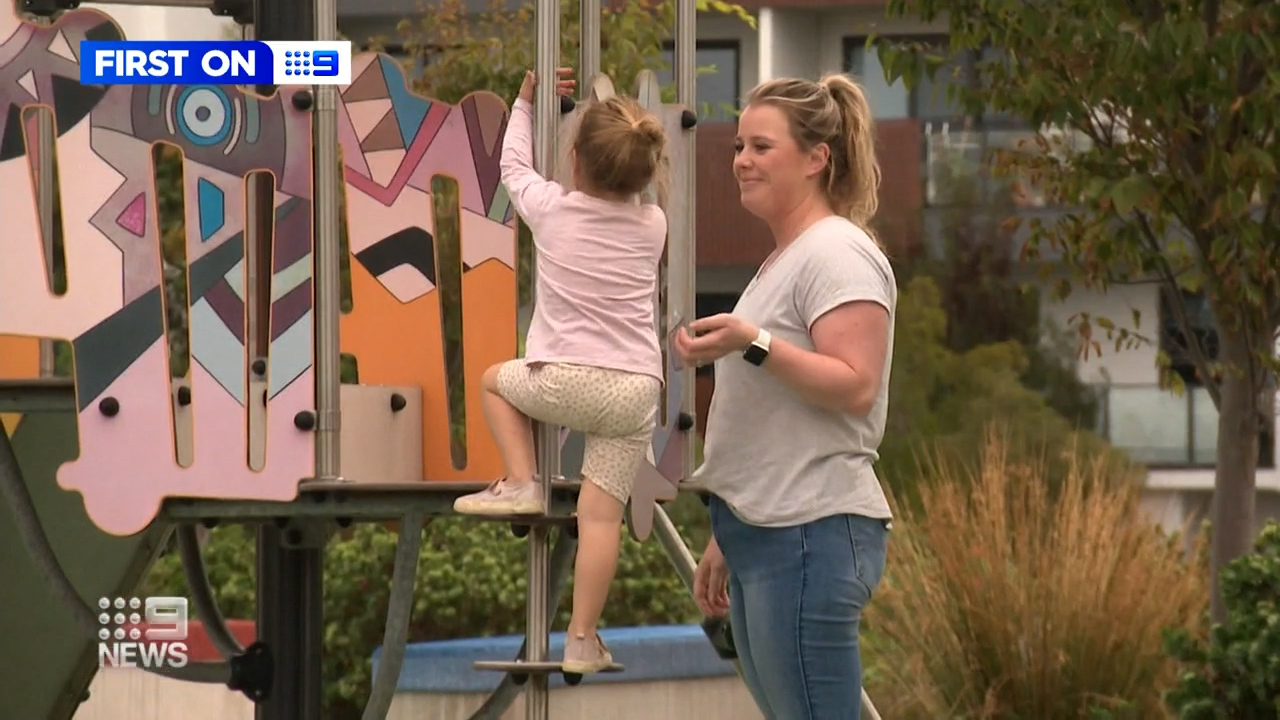A new survey has shown one in four Australians are struggling with the rising cost of living, with fuel and grocery prices putting increased strain on families and households.
The survey by Beyond Bank of more than 500 Australians shows up to 25 per cent are struggling to make ends meet.
Adelaide mother of two Alex Petherick said increasing prices over the last year have taken a toll on her family's financial situation.
READ MORE: 'I struggle going to work': Police officer reveals toll of five-year journey to clear his name
"Things are very tough, we have a lot of outgoing expenses," she said.
In addition to child care for her three year-old daughter, Ms Petherick said rising living costs are crippling her budget.
"I'll go to the shops expecting to spend $150 to $200 for our weekly shop to feed our family of four and it blows out to $300- $400 sometimes," she said.
Shane Farley from Beyond Bank said young people were the most affected by the price hikes, as well as people in their mid 20s to 30s.
"Even more concerning, if you look at the 25-34 year old age bracket, where there are some added pressures and complexities in life, it's almost one in three that are struggling to make ends meet," he said.
Experts are concerned interest rate hikes will exacerbate the issue.
READ MORE: Anzac Day marked in Gallipoli dawn service after two years of cancellations
"Twenty-one per cent are saying if they do rise, they'll have limited access to any spare money at all," Mr Farley said.
The data reveals 76 per cent of Aussies surveyed are reducing spending on things like dining and entertainment, while 23 per cent said they were now taking public transport instead of driving.
Seventeen per cent of participants said they had cancelled some type of insurance.
Jonathon Robran from charity Operation Flinders said while demand has increased, donations are now likely to go down.
More than half of the 500 surveyed said they were less likely to support charities due to their own financial challenges.
"We certainly rely very heavily on the corporate and community sector to help fund our programs and given this year we've seen an increase in demand," Mr Robran said.
"The funding is going to be needed certainly more than ever."
Ms Petherick said her priority is now ensuring the well being of her family.
"We don't have the money to pay for a lot of our own things," she said.
"So we can't afford to be paying for charity, which is really hard."
Source: 9News




